Blog post
August 26, 2025PR Asia 2025: how authenticity is the new currency for PR leaders in this AI era
We spoke at Marketing Interactive’s PR Asia 2025 recently in Singapore around authenticity, trust and how these are at a strain, specifically in this new AI-powered world. We were amongst top leaders in the PR industry who touched upon how crisis and reputational threats need to be dealt with authentically. Most importantly, companies must be ready for any kind of crisis communications to be activated with statements from senior leadership, without a sense of “doing everything reactively”, i.e., the logistics need to be in place so that teams have enough time to be responsive rather that reactive.
Audience perceptions of AI: do we know what’s real?
Russ Horell, Chief Revenue Officer, APAC touched upon a few cases that set the tone around how audiences have not been able to clearly identify which online content is real and have ridden the wave until someone figures it out. The two main examples that were touched upon were around how Mia Zelu, a virtual influencer on Instagram became the face of Wimbledon this year, until everyone realised she’s not real.
The other case was around former Astronomer CEO Andy Byron’s fake statement that was circulated – although not AI, it gives us an insight into how trust in CEOs is at an all time low, with this incident taking it further underground. In this world of fakes, audiences have given up on trying to decide what’s real. This needs to be urgently addressed by PR leaders when it comes to brand communications, especially during a crisis.
Our CEO for Pulsar Group, Joanna Arnold was in attendance of the speaking session and at our booth to support and motivate as always. This gave us an extra level of confidence to interact with the visitors at the booth and to speak with them about who we are, what we do and more insight into our content.
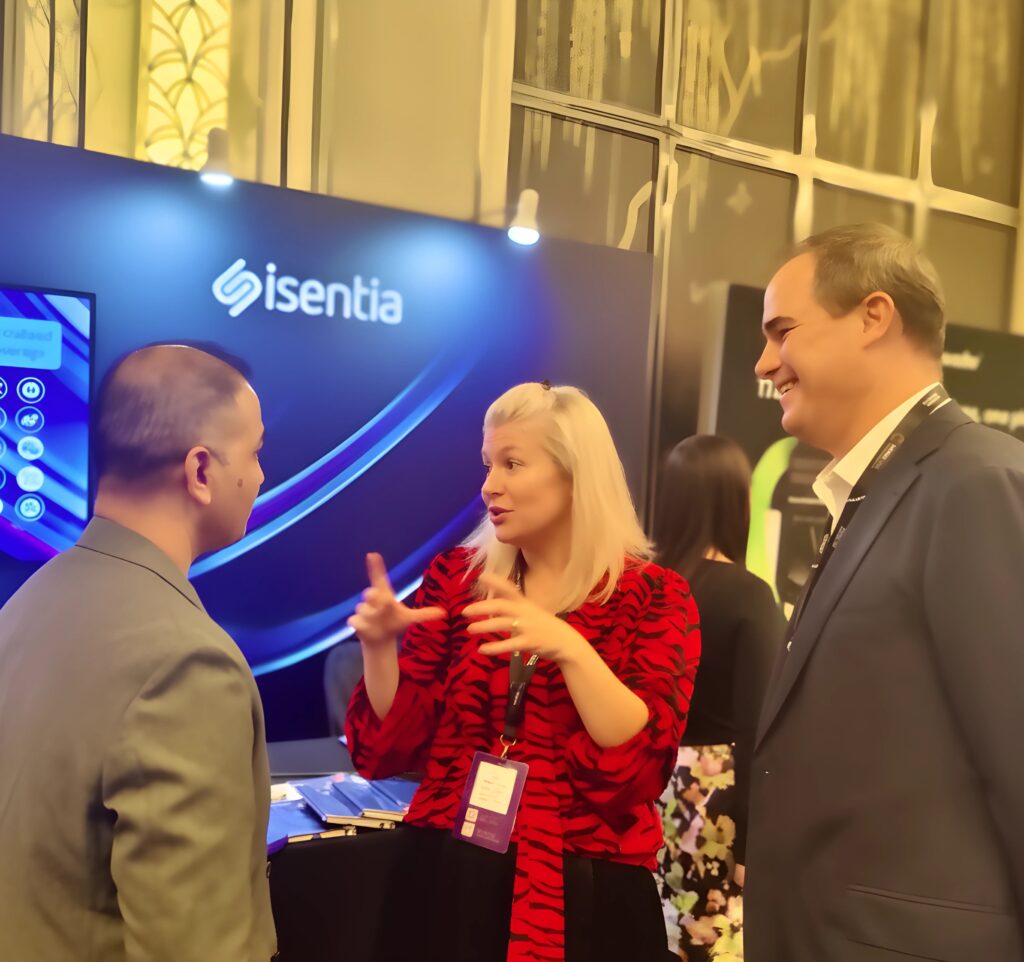
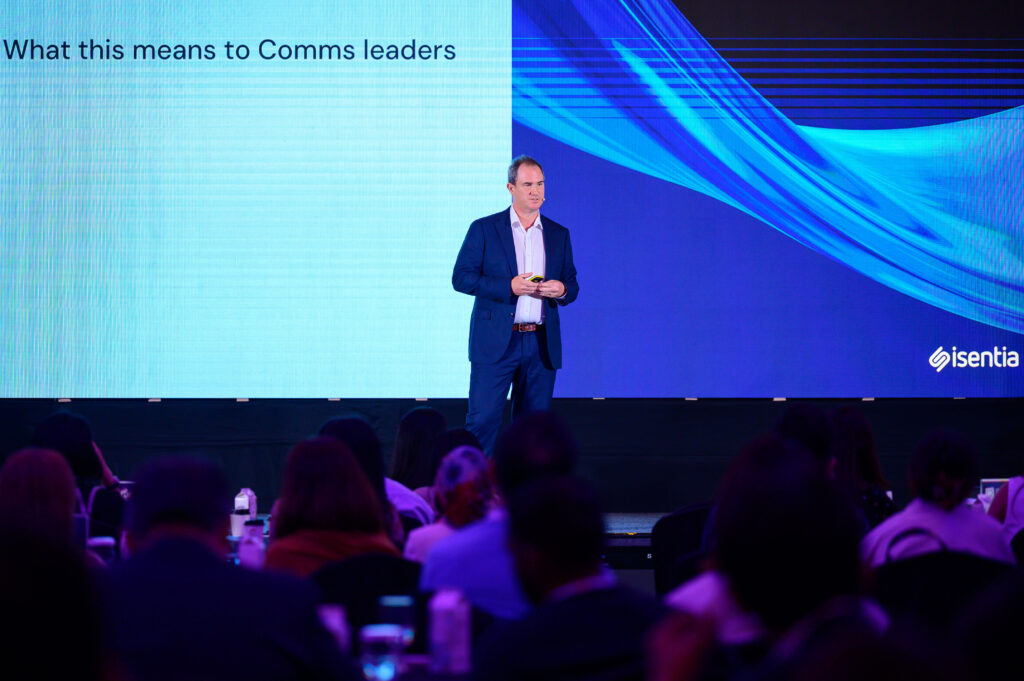
Assigning cues to audience reactions
With all this in mind, we wanted to understand how leaders, specifically PR leaders can own their content strategy and decision making when it comes to responding effectively.We analysed posts by top executives and c-suite leaders on LinkedIn and audience behaviour to those posts. We then assigned cues – cues that identify which post is the most authentic in terms of cultural relevance, identity, tone & style, trust, information accuracy etc. Prashant Saxena, Vice President, Revenue & Insights, SEA expanded upon how these cues can be utilised to increase engagement 3-fold. This transforms authenticity from subjective performance into an executable framework that any leader can deploy. The pattern is clear, and posts with multiple authenticity cues consistently outperform those relying on tone alone.
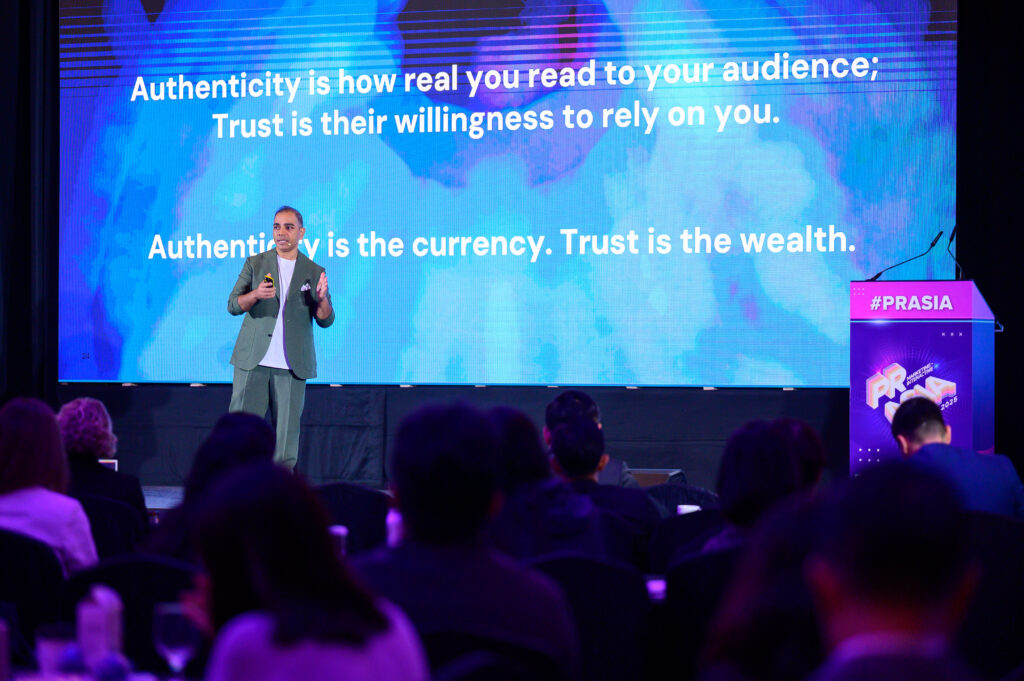
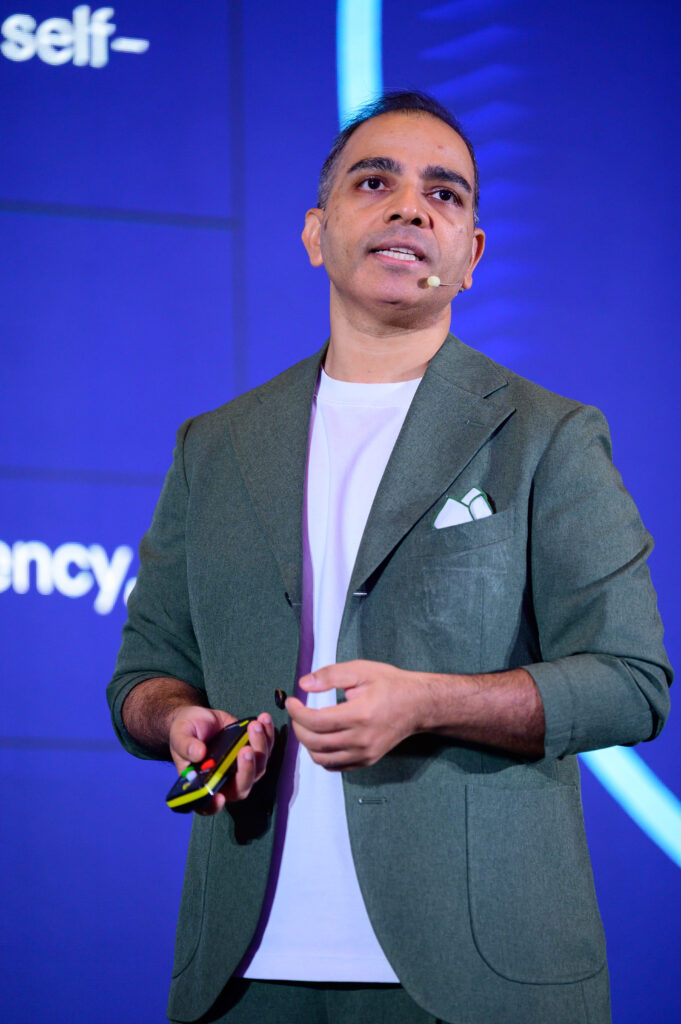
Booth interactions
Jenna Wang, Business Development Director and Christian Chan, Business Development Manager for Isentia, Singapore were having engaging and insightful discussions with attendees, considering the topic at hand is an important one with an almost “what to do” playbook that leaders can use effectively in their communications. We knew many would be keen on understanding and wanting to know more as a follow up to the speaking session. Nikita Gundala, SEA Marketing Lead, managed the content and the logistics around the booth display along with timely updates on our social media.
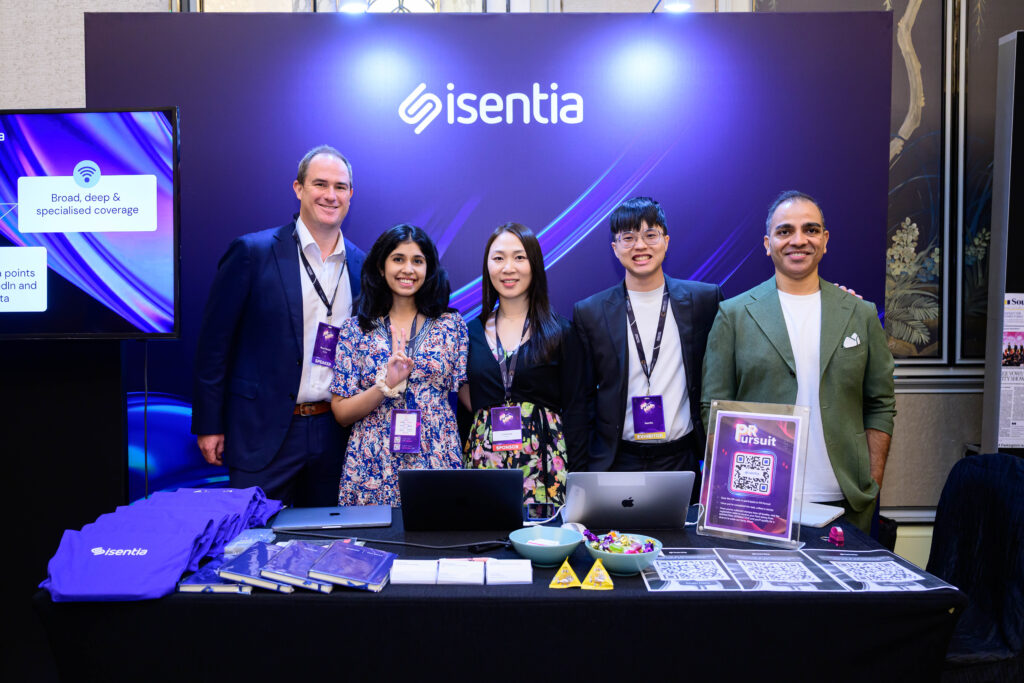
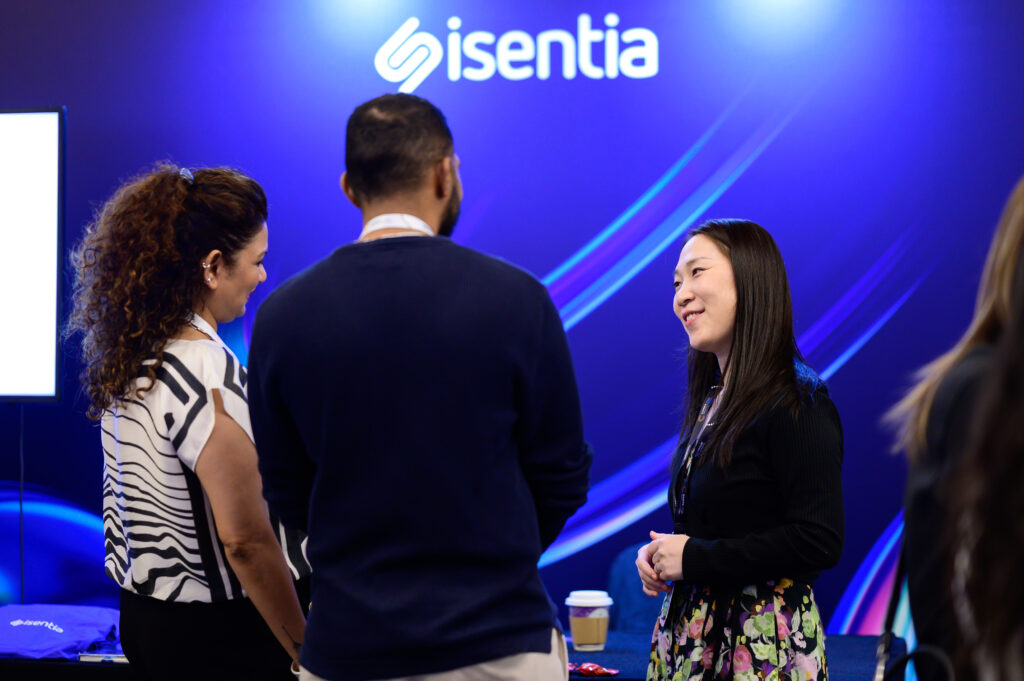
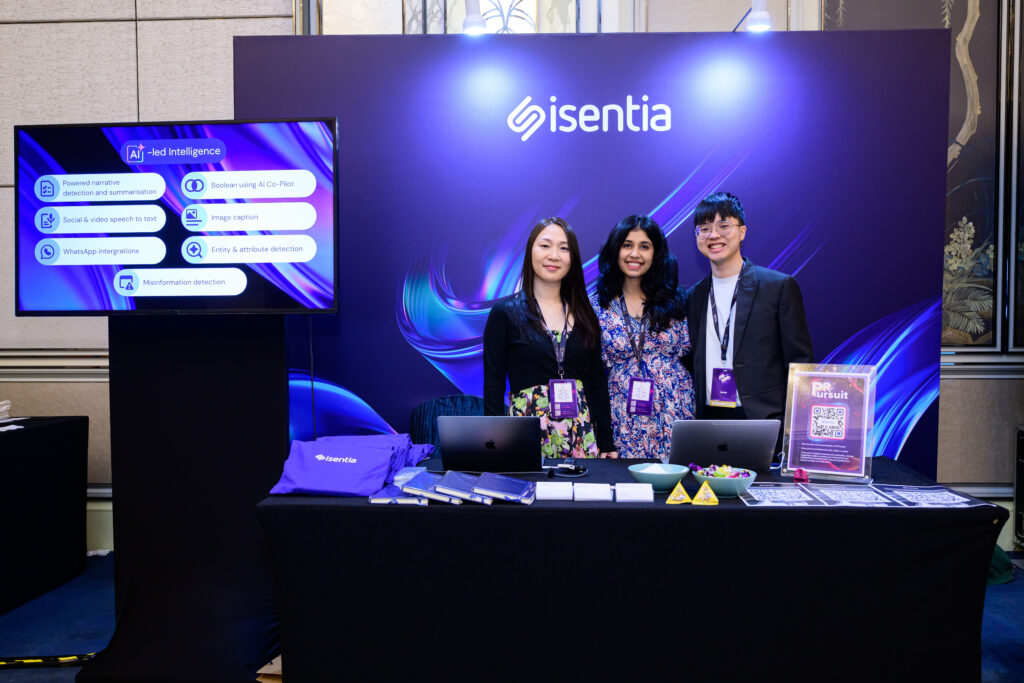
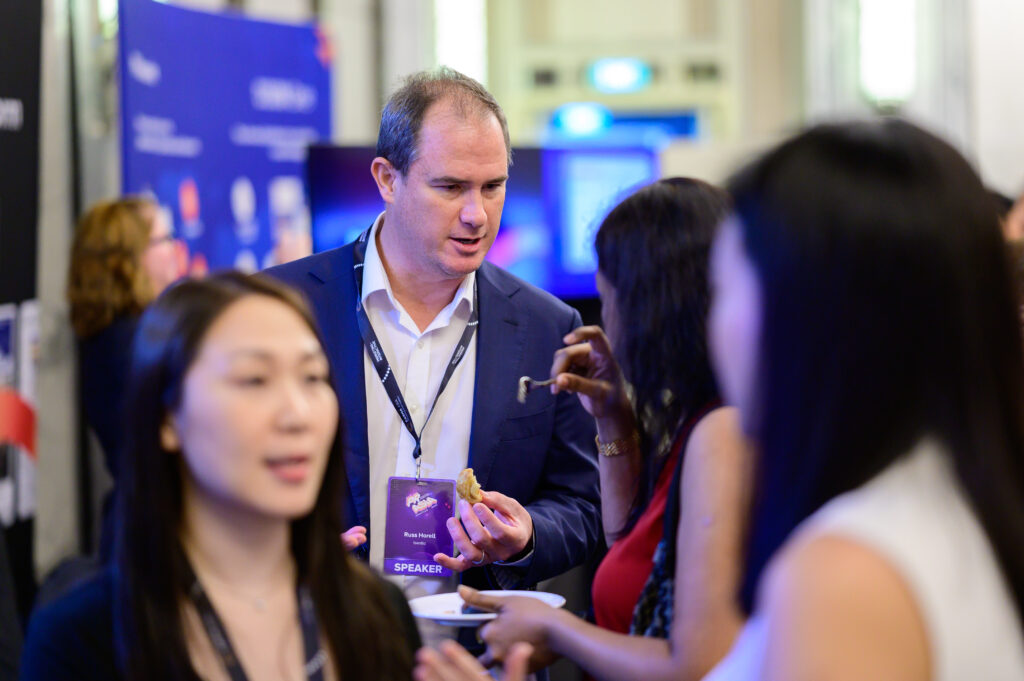
We had a wonderful experience at PR Asia this year and we look forward to being a part of (and hosting) more such events where we can bring together industry leaders to understand how they navigate new challenges and what can be done about them.
Interested in learning more? Email us at info@isentia.com
Similar articles
Ready to get started?
Get in touch or request a demo.